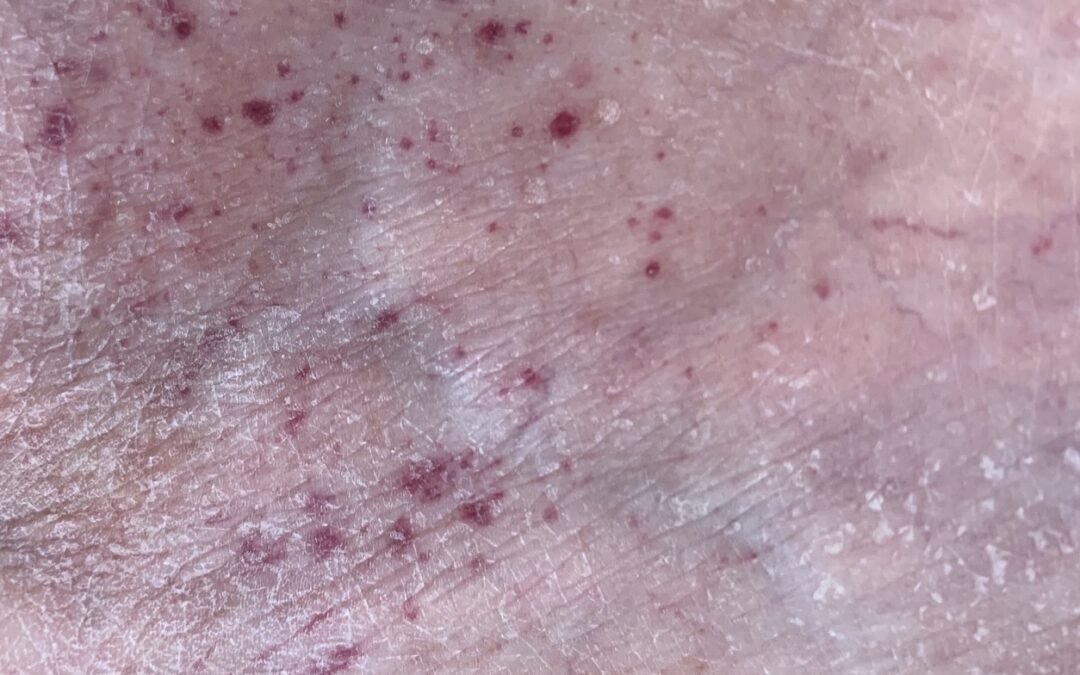Eosinophilic granulomatosis with polyangiitis (EGPA) is a rare disease that causes inflammation in small blood vessels and involves a type of white blood cell called eosinophils. Benralizumab, a type of targeted therapy designed to block a specific part of the immune system that activates eosinophils, may help treat EGPA.
They conducted a large study across multiple centers, comparing benralizumab directly with another treatment called mepolizumab in adults with EGPA who were not responding well to usual treatments. Participants were divided equally to receive either benralizumab or mepolizumab as an injection under the skin every 4 weeks for a year. They mainly looked to see if patients went into remission, meaning their symptoms either improved significantly or went away, at 36 and 48 weeks of treatment. They also looked at how long remission lasted, how quickly symptoms returned, how much steroid medication could be reduced, changes in eosinophil counts, and the safety of the treatments.
In their study of 140 patients, about 59% of those who took benralizumab and 56% of those who took mepolizumab experienced remission at 36 and 48 weeks, showing that benralizumab is as effective as mepolizumab but not superior. The length of time patients stayed in remission and the time before their disease got worse again were similar for both treatments. Interestingly, 41% of patients on benralizumab could stop taking their steroid pills by the end of the study, compared to 26% of those on mepolizumab. Eosinophil counts, which are high in EGPA, decreased in both groups but more so in those taking benralizumab. Side effects were common in both groups, but serious side effects were slightly less common in the benralizumab group.
In conclusion, benralizumab is an effective alternative to mepolizumab for patients with EGPA who are having a hard time controlling their disease, offering similar chances of remission and possibly allowing some patients to reduce or stop their steroid medication.

